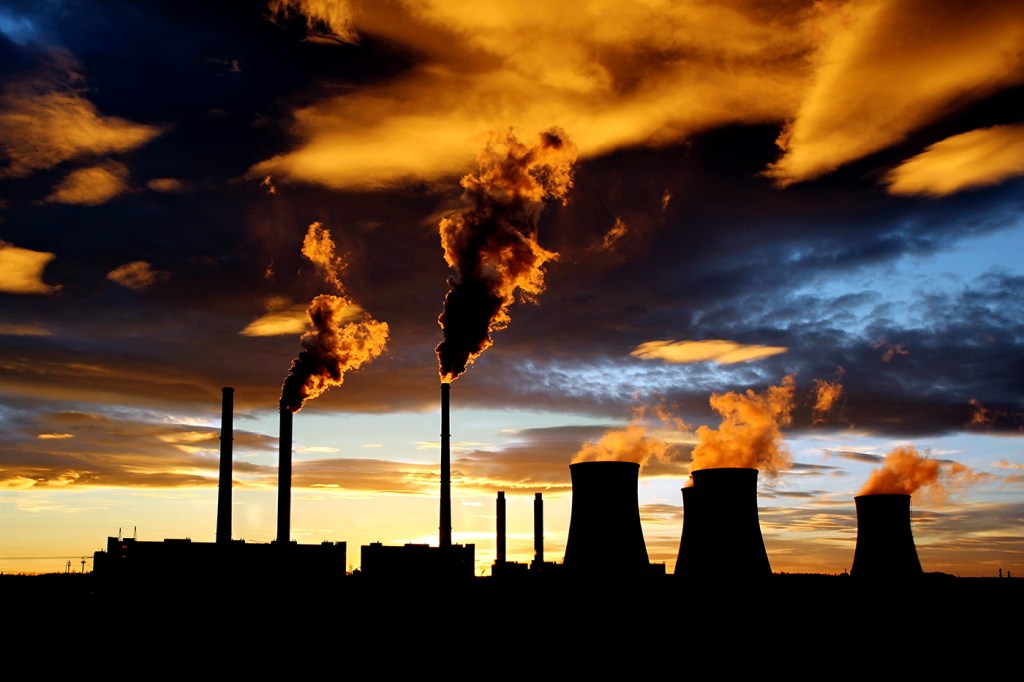Want to know which hashtags will dominate in 2019? Look to what worked in 2018.

Last year was the year of #MeToo, #BlackLivesMatter, and #NoBanNoWall. Which social movements will dominate 2019? To get an idea, it helps to look at what was behind those viral movements of 2018.
In 2018, movements such as #MeToo and #TimesUp brought the systemic sexual harassment of women to the level of public consciousness. The same year, #BlackLivesMatter shed light on race-based violence against black communities.
The issues that will dominate in 2019 echo the scale of these movements, said Moya Bailey, an assistant professor at Northeastern who studies the way digital media is used to promote social causes.
These hashtags, which began on social media, became social and political movements, inspiring real action. They had an impact beyond the internet because they “encapsulate a larger idea that other people had been wrestling with before,” Bailey said.
Bailey knows what turns language into a rallying cry. She coined the term “misogynoir” to describe the misogyny directed toward black women wherein race and gender bias both play roles. The term has since been used countless times on social media, in part because, Bailey said, the concept it described was already understood by people; it just didn’t have a name yet.
“The idea resonated with people before the term even existed,” she said.
That’s what happened with #MeToo and #BlackLivesMatter, Bailey said. Many women have experienced sexual harassment, just as many black people have experienced raced-based violence.
“The language just helps bring people together,” Bailey said.
Here are the issues that language is likely to bring to the fore in 2019.
#MeToo (still)
The campaign, made popular by actress Alyssa Milano at the end of 2017, was created a decade earlier by activist Tarana Burke as a way to reach sexual assault survivors in underprivileged communities. That the hashtag is often attributed to Milano is indicative of a broader criticism of the #MeToo movement in 2018: the famous celebrities who used it brought global attention to the movement, but in the process, left out of the conversation women of color and people in lower-wage jobs.
“One of the carryovers from 2018 is still #MeToo,” Bailey said. “But this time, making sure we’re focusing on women of color and black women specifically.”
The early January release of Surviving R. Kelly, a documentary that explores the allegations of sexual abuse by musician R. Kelly, inspired renewed use of the hashtag, Bailey said.
But these allegations against celebrities also reveal a network of “people who enabled this abuse to go on for so long,” Bailey said.
“What I hope to see in 2019 is more a movement around how to challenge people who are enablers,” she said.
#ClimateChange?
According to two separate reports by the United Nations and 13 U.S. federal agencies, changes to the climate could wreak havoc on the planet in the coming decades.
The effects are already being felt around the world, and will only continue to become more drastic if big changes aren’t made quickly, the two reports concluded.
While the situation hasn’t coalesced into one single hashtag yet, it’s the perfect storm for a widespread movement, Bailey said.
“The way that the environmental crisis is showing up in different parts of the world means that it will be a hashtag that people will have to reckon with,” she said.





